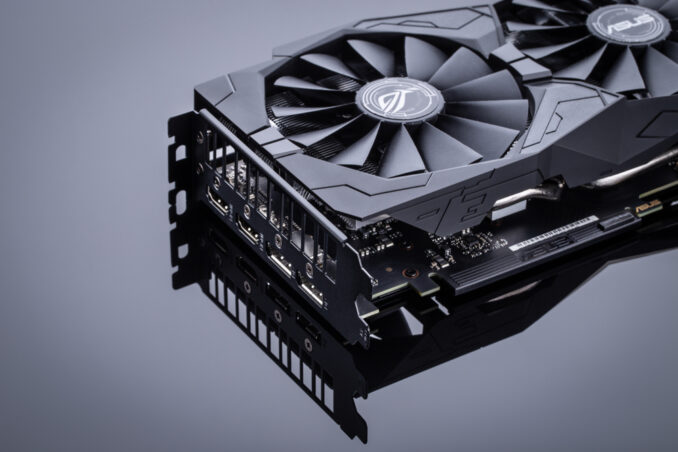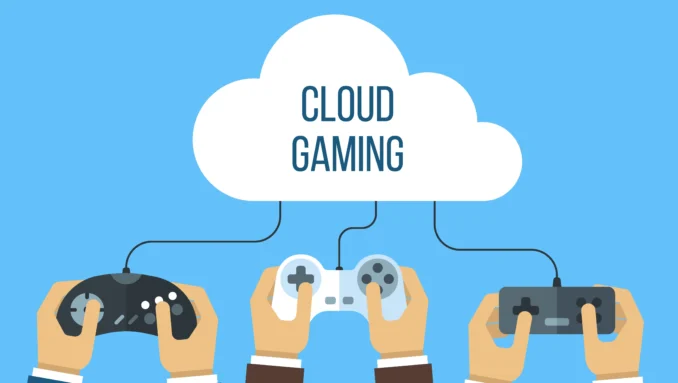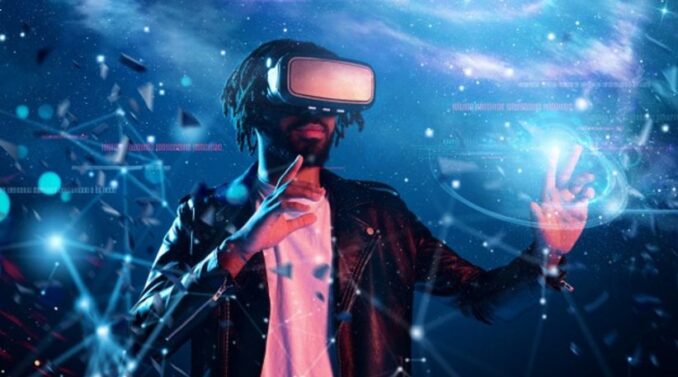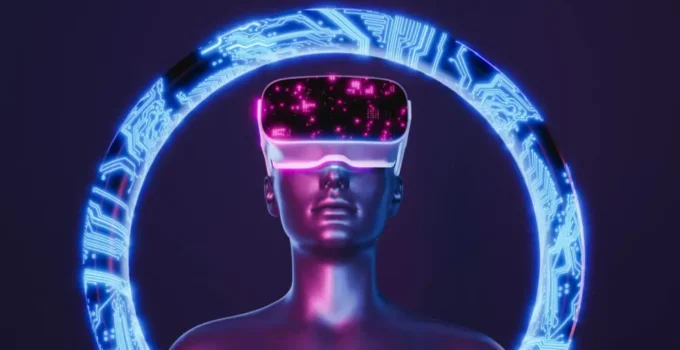When you think about it, even just for a minute, it is hard not to notice how far the gaming industry has come. You don’t even have to know that the gaming industry has bigger annual revenue than the movie industry to realize how big it has become.
Nowadays, everyone plays games. Even your mom, that used to yell at you for playing games all the time, is now thousands of levels deep in Candy Crush or GardenScapes.
But, now that we’ve gotten everyone on board and we’re pouring hundreds of billions of dollars into games each year – what can we expect next? What does the future hold?
Well, we think it’s somewhere along these lines.
1. At The Moment – Nothing Drastic Is Changing

Source:tweaktown.com
As anyone who has been somewhat involved in the tech world knows – promises made by gaming companies often disappoint.
Everyone and their grandma were waiting for Cyberpunk 2077 for the better part of a decade, only to be met with the greatest flop since Vlade Divac. So, take all of these promises coming from gaming companies with a handful of salt.
The way we see it, at the moment, nothing drastic is changing. Your PC (sorry, console gamers) will still be the best platform for you to enjoy a quality game. It’s just the way it is.
Just to be clear, we’re fully aware that engineers and developers are working tirelessly to deliver you the next ground-breaking, earth-shattering, and mind-bending gaming experience, but the truth is – the tech’s not just there yet.
2. GPUs Are Going To Get Better (And You Might Just Be Able To Get Them)

Source:tomshardware.com
At the moment, the only future in the gaming world we’re certain of is the fact that GPUs are going to get better, stronger, faster, more power-hungry, and of course, more and more expensive.
If it weren’t enough that the MSRPs were already set too high by both NVIDIA and AMD, crypto miners caused a worldwide silicon shortage that left most eager gamers without their brand new shiny toy. At the peak of the shortage, the GPU prices were at least three times the MSRP.
Currently, the crypto mining craze seems to have died down a bit. Ethereum is almost ready to move away from PoW to PoS, and mining Bitcoin isn’t done with regular GPUs, so we’re finally seeing graphic cards appear on shelves, as well as some new ones already being announced.
Only a few days ago, we could see NVIDIA’s latest 3090 Ti being announced, with hints of 4000-series coming later this year or early the following one.
So, don’t worry. PC gaming is here to stay. For now, at least.
3. Cloud Gaming Might Be A Cost-Effective Solution

Source:2game.com
Considering the gaming hardware prices at the moment, it is not unreasonable to believe that the next step in the gaming evolution is going to be cloud gaming.
If you’re unfamiliar with the concept, think of it as streaming movies or music. You don’t own the music or a movie, but you’re still able to listen to it or watch it.
For descriptive purposes, let’s imagine one gigantic supercomputer with every game installed on it. To play those games, you’d have to connect to that computer via the internet and, using its super-buff hardware, play the game you otherwise wouldn’t be able to run.
In theory, that means you could run a triple-A title without having to spend $3000 on a PC with just an internet connection. How about in practice? Exactly the same.
Cloud computing services like Stadia already exist, and they’re pretty good considering the tech is still in its infancy.
And sure, there are still latency issues we have to overcome, but we see this becoming a mainstream thing rather quickly.
4. AR Might Be The Actual Future Of Gaming

Source:industrywired.com
If you haven’t heard of Pokemon GO, you’ve probably spent the last six years under a rock.
Pokemon GO was the first global AR phenomenon. It brought traditional and digital together. It was beyond incredible and fascinating. So simple, yet so fun.
You’d run around with your phone and hand, hoping to catch a Pokemon that appeared on your screen. It was nothing more but a superimposed image over the camera feed – just like an Instagram filter.
Many experts in the field agree that this is the next big thing. They’re positive that AR (Augmented Reality) is the future of gaming because it bridges the gap between digital and real almost seamlessly – or at least it will.
Some even assume that the haptic suits and vests like the Woojer Vest, which review you can see below, will actually be more useful for AR rather than VR.
On the other hand, some other experts in the tech industry claim that AR is going to be reserved for the betterment of our daily lives and that we might not see anything in terms of gaming, although we do find that hard to believe.
5. AI And VR Are Still Years Away From Making Significant Impact
While it is undeniably super exciting to think about the possibilities of VR, we feel like it’s safe to say we’re just not there yet.
Apart from Oculus, every other VR headset is too expensive for an average consumer. What’s even worse is that even though they’re three or even four times as expensive as the Oculus – they’re nowhere near as good.
Also, VR headsets are just not practical at the moment. They’re fine for virtual meetings and stationary games, but they’re just too chunky and heavy. They’ve gone down in size over the past few years, but they’re still not that great.
On top of that, cables are just a nightmare.
AI, on the other hand, has gotten surprisingly good, but unfortunately (or fortunately, depending on how you look at it), we don’t see it becoming a major factor in the gaming industry in a way we’d ideally want it to.
For now, we don’t have to worry about AI. It’s gotten good at beating grandmasters at chess, but as far as gaming’s concerned – there’s still a lot to work on.
Conclusion
In the end, we’d just like you to take this with a grain of salt. Nobody knows what the future holds, and neither do we.
No one ever was quite able to accurately predict the future, especially when the tech got involved, so all we can do is look at the things that are happening at the moment, take them as they go, and wait and see what happens next.
From where we’re standing, these six things seem the most plausible. But who knows? Maybe we’ve got it all wrong. We’ll just have to wait and see.





